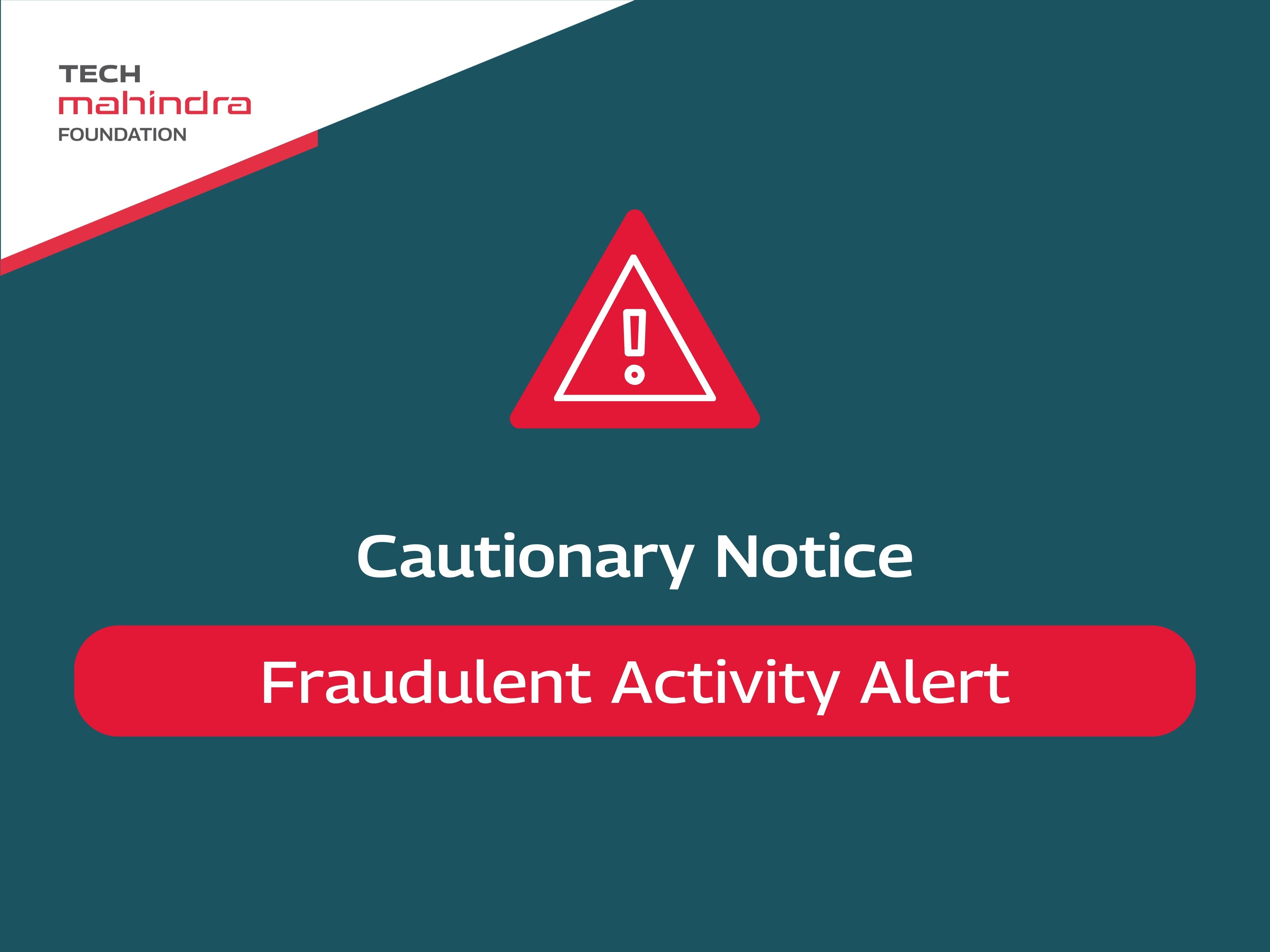Subscribe our Weekly Newsletter
Applications Invited for the GDPC Small Research Grants Program

Organization: Global Disaster Preparedness Center (GDPC)
Apply By: 12 Nov 2024
Grant Amount: 10000 USD
About the Organization
The American Red Cross and the International Federation of Red Cross and Red Crescent Societies (IFRC) have established the Global Disaster Preparedness Center (GDPC) as a reference center to support innovation and learning in disaster preparedness. As one of 13 reference centers in the international Red Cross Red Crescent (RCRC) network, the GDPC aims to enhance disaster management – namely preparedness – capacities of Red Cross and Red Crescent national societies through a service-oriented and demand-driven approach to building community resilience.
About the Grant
The Global Disaster Preparedness Center (GDPC) is pleased to announce the launch of its small research grants program, focused on the theme climate resilience in urban areas. This initiative aims to deepen our understanding of urban climate resilience by supporting original research in low- and middle-income countries. The program is designed to expand the evidence base and contribute to building more resilient urban environments in the face of climate change.
Awards provide up to $10,000 USD for research lasting up to eight months, with a completion deadline of September 30, 2025. This program supports applied and impactful research that can inform policy, planning, humanitarian programming, community action, and so on. Research must be original, and plagiarism will result in immediate disqualification at any stage of the grant process.
Research Topics
The program seeks to stimulate new knowledge in priority research questions under the following topics:
Topic 1 Community-Led Climate Adaptation and Resilience Solutions in Cities
- Topic 1.1: Community-driven innovations for adaptation. What are the success factors for community-led innovative strategies and solutions for climate adaptation in urban areas, including technology-enabled solutions.
- Topic 1.2: Participatory urban planning. How do participatory approaches in urban planning contribute to climate resilience, and what evidence demonstrates their effectiveness and best practices.
Topic 2 Socio-Economic and Institutional Drivers of Climate Resilience in Cities
- Topic 2.1: Socio-economic pathways to resilience. Effectiveness and success factors for different types of socio-economic incentives and 'boosts' to climate resilience of individuals, households, and small businesses, particularly in the informal sector in cities. Examples of such ‘boosts’ include one-time cash grants, micro-insurance, rotating credits or loans, tax incentives, matched funds, support for cooperatives, and support from social safety nets, etc.
- Topic 2.2: Urban climate governance. What is the role of cities in climate governance, and what are the strategies and institutional frameworks that support and/or hinder effective and equitable climate action in different urban contexts
Topic 3 Urban Ecosystems for Resilience
- Topic 3.1: Climate-Resilient Urban Ecosystem. What constitutes a climate-resilient urban ecosystem, its key features and components, how it functions, and how it can be cultivated or restored in different urban contexts.
- Topic 3.2: Community-based approaches to Nature-Based Climate Solutions. Assessing effectiveness and strategies for implementing and scaling impactful nature-based solutions at the local level in urban areas.
Eligibility
- Applicants must be affiliated with an accredited university at the time of submission, including graduate (Master’s and PhD) students, post-doctoral researchers, and faculty members. Teams of researchers are welcome to submit proposals, and collaboration among different institutions is highly encouraged.
- Identification of an experienced supervisor is required for any student research teams. The supervisor should provide guidance and oversight throughout the research process.
- Applications are open to researchers who are nationals of low- and middle-income countries, including least developed and upper-middle-income nations. Research must be focused on these countries. A list of eligible countries can be found here.
- Proposed research projects must align with one of the the program’s defined topics and clearly demonstrate how they contribute to the selected area of focus.
- Projects must be feasible for completion within the eight-month program timeline, running from February to September 30, 2025.
- Researchers may conduct their research in any language, but the final research paper must be submitted in English. If translation into English is needed, the budget proposal should include estimated costs for translation services.
How to Apply
Apply by November 12, 2024
Don’t wait—submit your application now!
For more information please check the Link
Stay in the loop with the newest RFPs and Grants through NGOBOX's WhatsApp Channel. Join now by clicking here!
Latest Online Store
Latest Tenders And EOIs
Latest News
© Renalysis Consultants Pvt Ltd












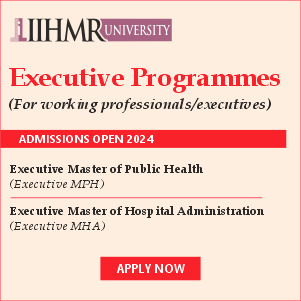
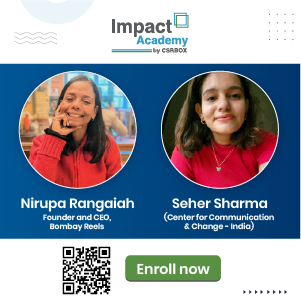








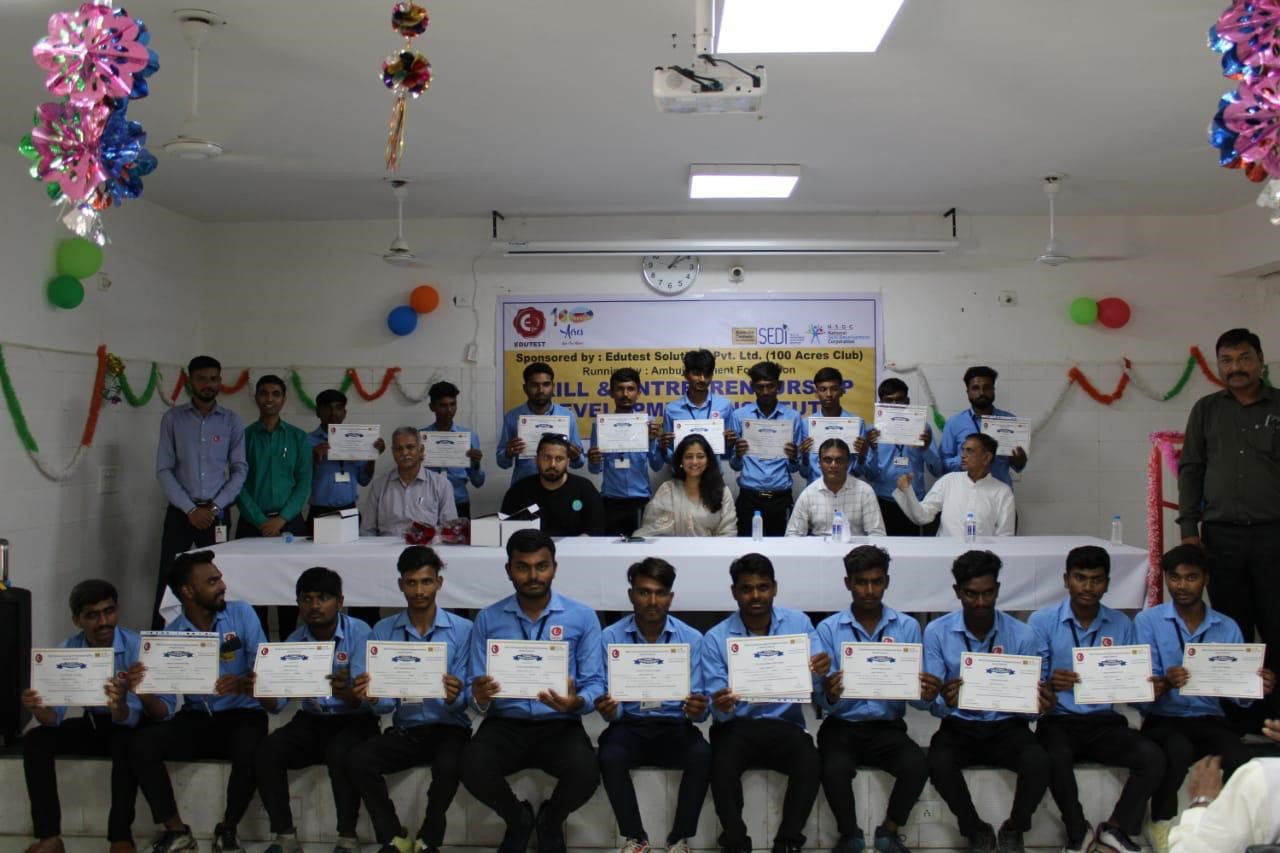
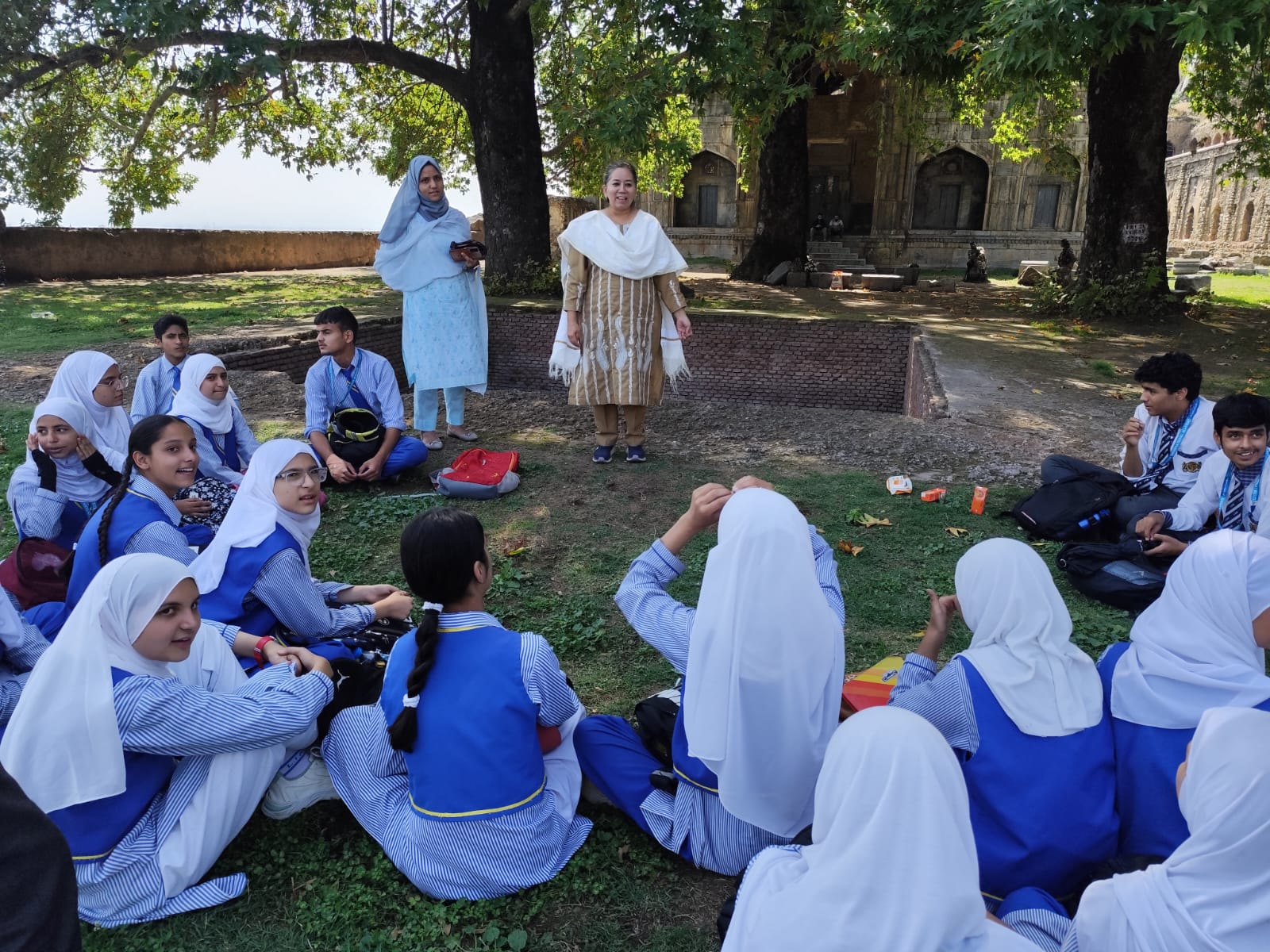
.jpg)
